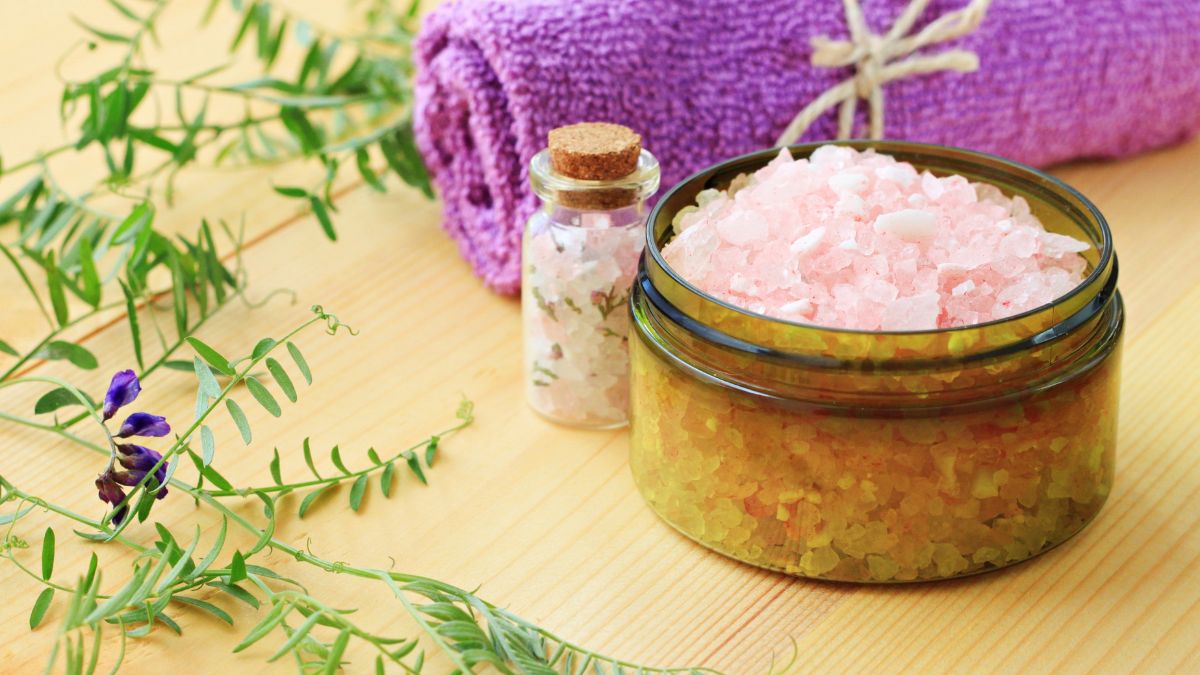Quick Answer: While Epsom salts may provide temporary relief for hemorrhoids, they are not a proven long-term treatment and should be used with caution.
One of my blog readers recently asked me, “Are Epsom salts good for hemorrhoids?” As a nutritionist, I understand the importance of finding safe and effective remedies for this common issue, so I decided to write this blog post to address the question in detail.
Epsom salts, also known as magnesium sulfate, have been used for centuries to treat various ailments, including hemorrhoids. The theory behind using Epsom salts for hemorrhoids is that the magnesium can help reduce inflammation and promote healing. When dissolved in a warm bath, Epsom salts can also help soothe the affected area and provide temporary relief from discomfort.
However, it’s important to note that while Epsom salt baths may offer short-term relief, they are not a proven long-term treatment for hemorrhoids. In fact, prolonged exposure to Epsom salts can potentially dry out the skin and worsen irritation. It’s always best to consult with your healthcare provider before trying any new remedies, especially if your hemorrhoids are severe or persistent.
In my experience, I’ve found that incorporating a balanced diet rich in fiber, staying hydrated, and maintaining regular bowel movements are the most effective ways to manage and prevent hemorrhoids. Eating plenty of fruits, vegetables, and whole grains can help soften stools and reduce straining during bowel movements, which is a common cause of hemorrhoids.
If you do decide to try an Epsom salt bath for temporary relief, be sure to use warm, not hot, water and limit your soaking time to 15-20 minutes. Prolonged exposure to hot water can actually increase inflammation and worsen symptoms. It’s also essential to gently pat the area dry afterwards and apply a fragrance-free moisturizer to prevent skin irritation.
In conclusion, while Epsom salts may provide temporary relief for hemorrhoids, they should be used with caution and are not a substitute for a healthy diet and lifestyle. If you have any further questions or concerns about managing hemorrhoids, please don’t hesitate to ask in the comments below. I’m here to provide personalized guidance and support on your journey to better health and well-being.
